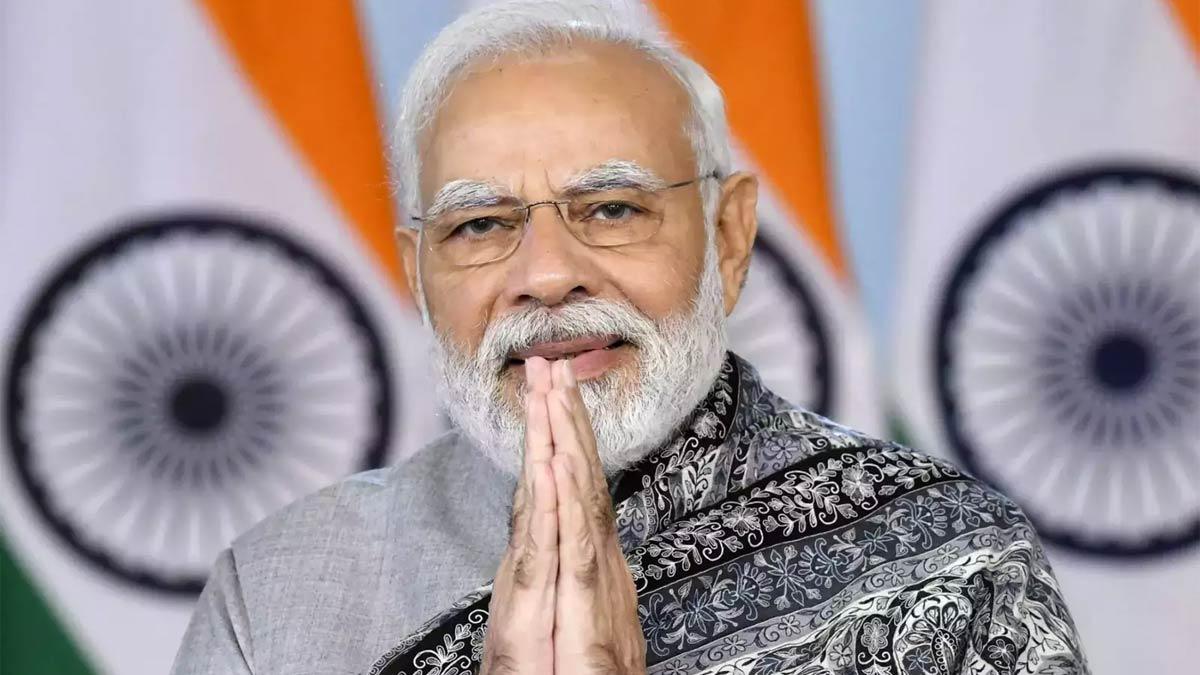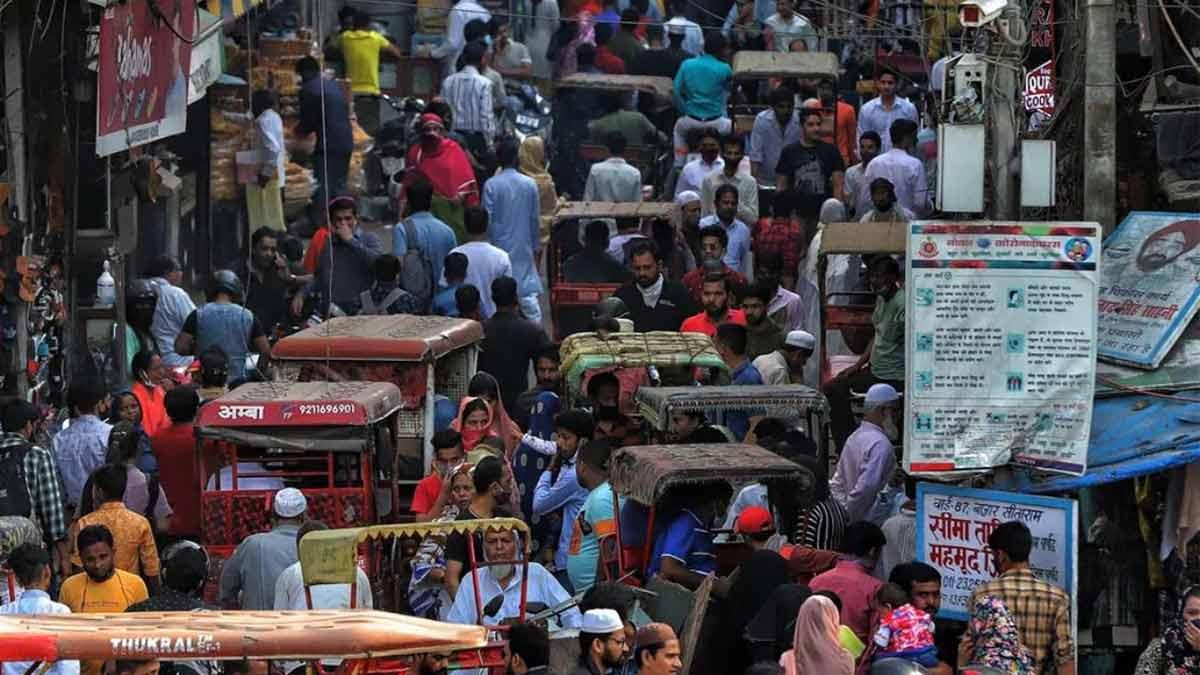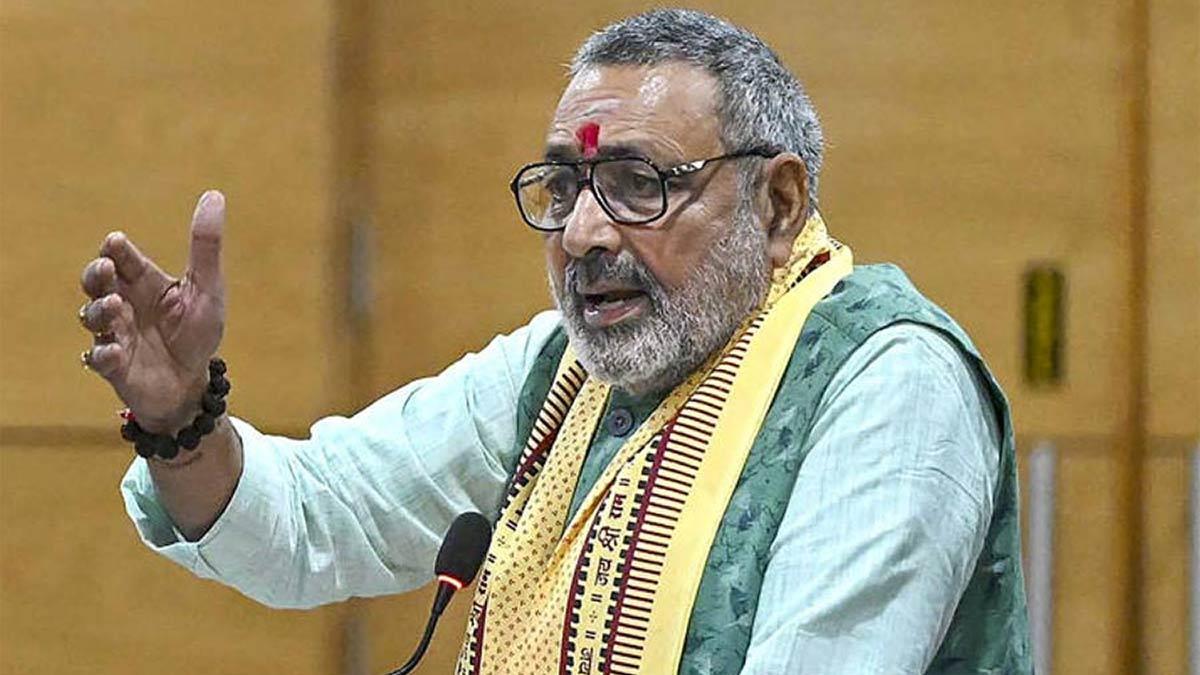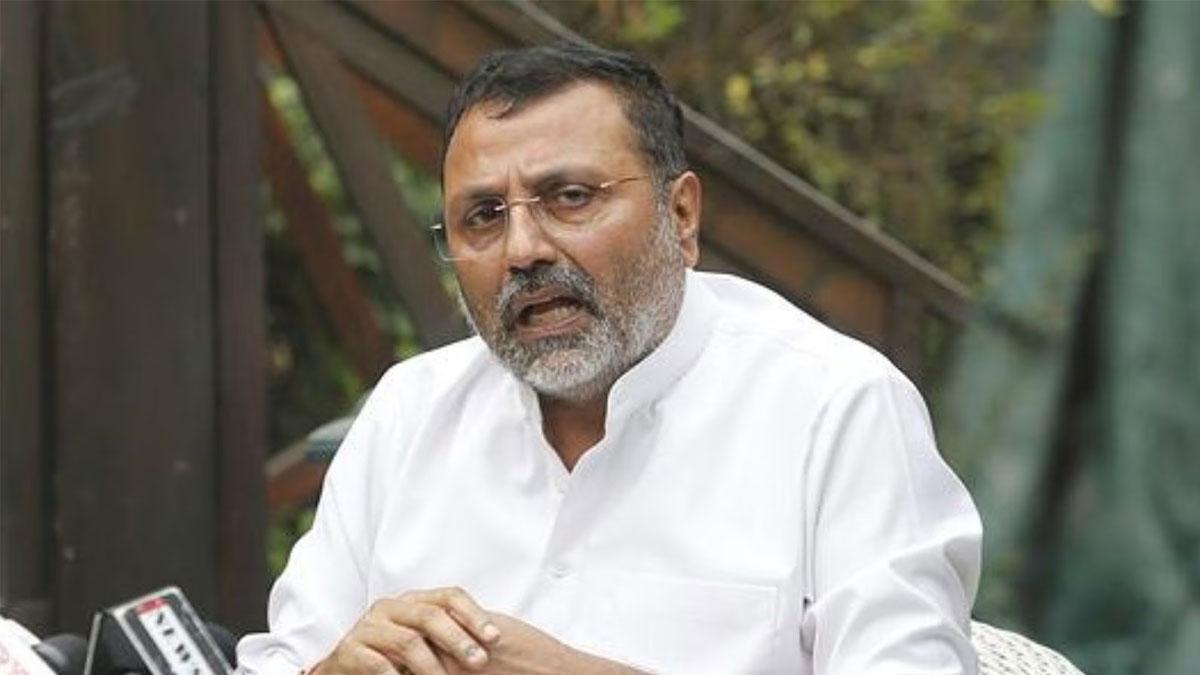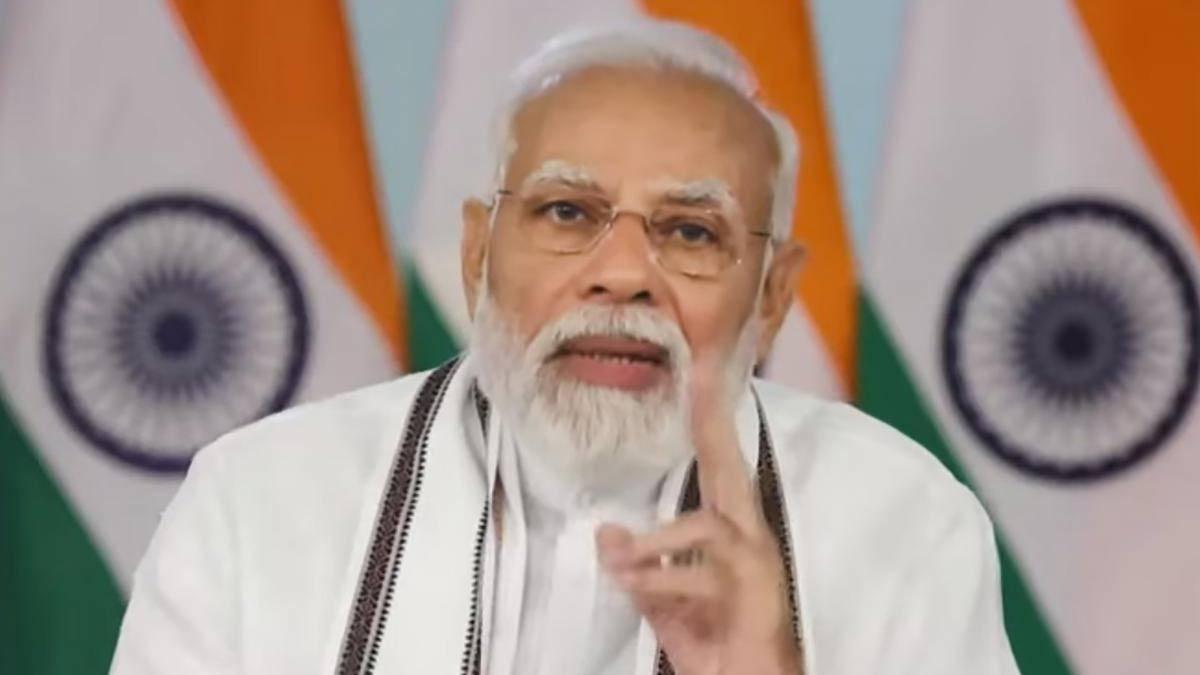Prime Minister Narendra Modi has made a scathing attack on opposition parties after the passage of Waqf Amendment Act, alleging opposition parties of holding onto "appeasement politics" and opposing badly needed reforms.
Addressing Delhi at a media conclave following the passage of the bill through Parliament, the Prime Minister stated that the outrage against the amendment is based on old political tactics. "We cannot let the politics of the 20th century hold back the march of the 21st century. The furore over the Waqf Act is because of appeasement politics," he claimed.
PM Modi dispelled fears about the Act by drawing attention to the way that amendments in 2013 had led to controversies concerning land and catered to extremism, he contended. The new Waqf law delivers dignity in the place of terror—especially to economically deprived Muslims, he averred.
He welcomed the enactment of the new law as one of the major milestones in the first 100 days of the NDA government to maintain social justice and ensure protection of vulnerable sections of the Muslim community, including women.
"The previous Waqf law had created fear. Today it provides dignity to everyone, particularly the downtrodden within the Muslim society. I wish to congratulate the country's Parliament for enacting a great law in the interest of the entire society, in the interest of the Muslim community," PM Modi said.
He also pointed to the detailed deliberations on the Bill, referring to the debate as "the second longest in parliamentary history." Debate lasted 16 hours in both the Lok Sabha and Rajya Sabha, while the joint parliamentary committee had 38 meetings, totalling 128 hours of examination. Besides, nearly one crore suggestions were made by the public online—something Modi referred to as a proof of participatory democracy.
This highlights that democracy is not confined within the walls of Parliament; it is being enriched and strengthened by active public participation," he stressed.
PM Modi also referred to long-standing suspicion about land ownership, particularly concerning religious and public property, and said that the amended law addresses these sensitivities.
Reiterating the purpose of the amendment, he stated the new Waqf Act promotes justice and equal rights for disadvantaged Muslims and strengthens the role of women in society. "This is an important move toward equity and inclusivity," he concluded.
Read also| Three More Hurriyat Factions Embrace Indian Constitution
Read also| During Amit Shah’s Kashmir Tour, Another Hurriyat Leader Steps Down

